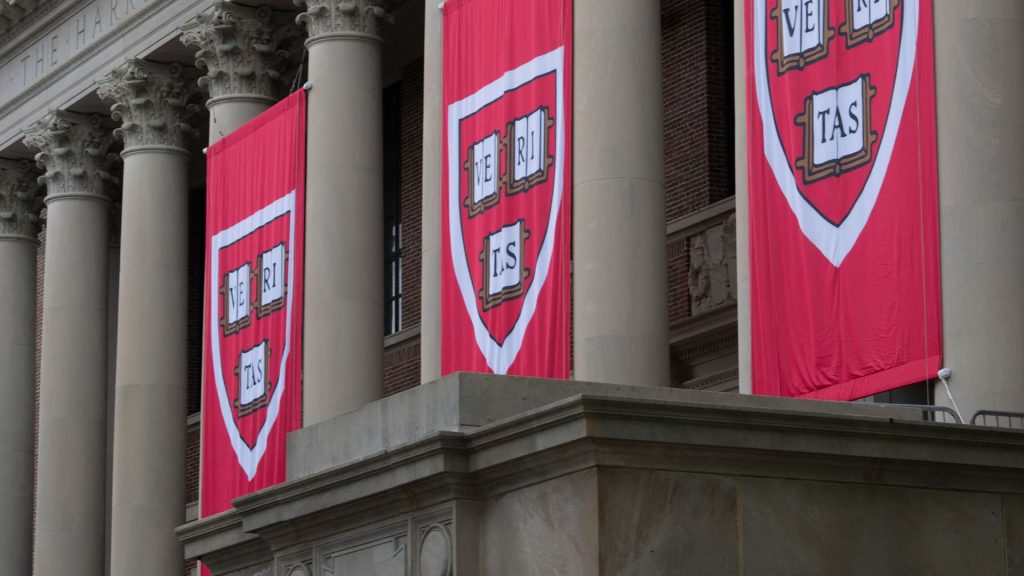State Dept. probes Harvard’s eligibility to sponsor international student visas

The U.S. State Department launched an investigation into Harvard University’s eligibility to sponsor international students under a federal exchange program, the agency announced Wednesday, July 23. The probe focuses on whether Harvard remains in compliance with the requirements of the Exchange Visitor Program, commonly known as the J-1 visa program.
“The American people have the right to expect their universities to uphold national security, comply with the law and provide safe environments for all students,” Secretary of State Marco Rubio said in a statement.
State Department opens probe into Harvard’s visa program
The program allows foreign students and scholars to study or work in the United States temporarily. According to the department, all sponsors must follow federal regulations and uphold the goals of cultural exchange and mutual understanding. That includes transparent reporting and a commitment to national security and foreign policy standards.
The department said it will review whether Harvard’s activities as a sponsor align with those obligations and serve the public interest. The investigation is part of what officials described as a broader effort to ensure educational institutions operate within the bounds of U.S. law and policy.
In a statement to NBC News, Harvard called the investigation “another retaliatory step” and claimed it violates the university’s First Amendment rights.
“Harvard continues to enroll and sponsor international scholars, researchers and students, and will protect its international community and support them as they apply for U.S. visas and travel to campus this fall,” a spokesperson said.
Rubio links protests to visa revocations
In May, Secretary of State Rubio began revoking the visas of international students involved in campus protests, including demonstrations in support of Palestine. During a meeting with Guyanese President Irfaan Ali, Rubio warned that foreign students engaging in disruptive behavior would risk losing their legal status in the United States.
“I think it’s crazy – I think it’s stupid for any country in the world to welcome people into their country that are going to go to their universities as visitors – they’re visitors – and say I’m going to your universities to start a riot, I’m going to your universities to take over a library and harass people,” Rubio said. “Why would any country in the world allow people to come and disrupt? We gave you a visa to come and study and get a degree, not to become a social activist that tears up our university campuses.”
Ongoing conflict with the Trump administration
The announcement marks the latest development in ongoing tensions between the Trump administration and Harvard University. In April, Harvard declined to implement proposed changes from a federal task force focused on addressing antisemitism.
The recommendations would have altered the university’s admissions and hiring practices, allowing for a government-led review of its faculty. Soon after, the Trump administration moved to freeze over $2 billion in federal research funding tied to the university — a decision that led Harvard to file a lawsuit in response.
Proclamation cites misconduct, incomplete data
In addition to funding freezes, President Donald Trump has repeatedly taken steps to limit the school’s ability to enroll international students.
In May, the administration attempted to strip Harvard of its Student and Exchange Visitor Program certification. After that effort was blocked in federal court, Trump issued a proclamation aimed at restricting foreign students from attending the university.
In the proclamation, the Trump administration cited what it described as a rise in violent crime at Harvard and alleged the university had failed to enforce some campus conduct rules. The administration argued that the federal government must be able to monitor and, if needed, respond to misconduct involving international students.
According to the proclamation, the Department of Homeland Security had requested information from Harvard about foreign students involved in illegal or violent behavior, threats to others on campus or violations of rights.
Officials said Harvard provided records for just three students, but the data was incomplete and unusable for further review. The proclamation concluded that Harvard could no longer be considered a reliable sponsor for international students and that its actions could threaten the integrity of the nation’s student visa system and national security.
Legal battle intensifies
Harvard responded to the Wednesday, June 4, proclamation by accusing the Trump administration of retaliating against the university just hours after it filed an amended legal complaint. In its amended filing, Harvard described the proclamation as “a transparent attempt to circumvent the temporary restraining order” already in effect and challenged the legality of the administration’s actions in federal court.





